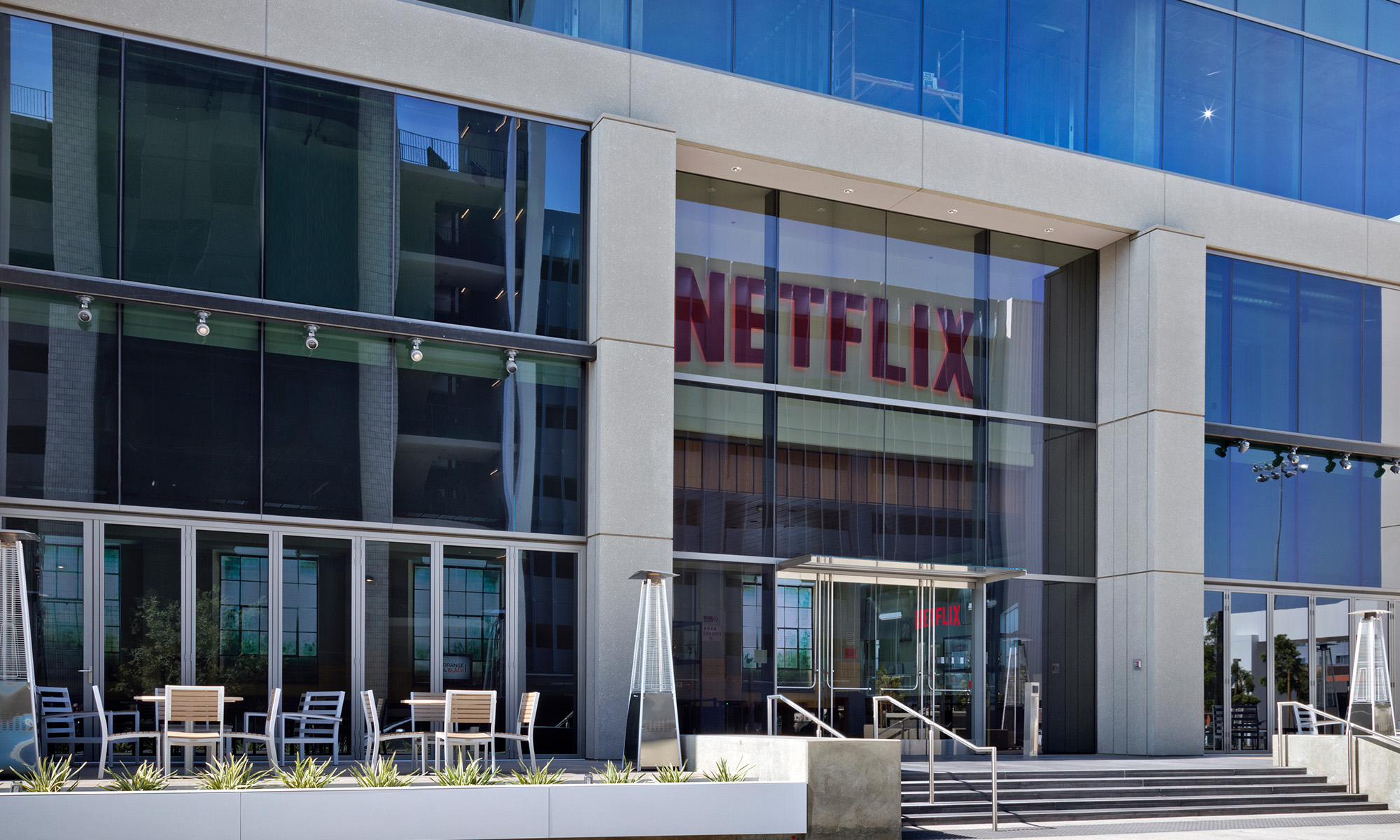After delivering blowout earnings reports earlier this year, Netflix (NFLX 0.20%) came back to earth last quarter. On average, its Q3 results were roughly in line with its guidance, but there were some pockets of weakness, particularly in the domestic market. Given investors' perennially lofty expectations for the company, Netflix stock retreated following the report.

Netflix's domestic growth fell short of expectations in Q3. Photo: The Motley Fool
Several top Netflix executives held a live interview on Wednesday afternoon to discuss the company's results and expectations for the future. Here are five important points they highlighted.
Short-term drag from the switch to chip cards
There may be other things going on here, but certainly the transition to the chip cards is not helping and that has to be a factor in it. And we're only partially the way through, so the US issuers are going to continue that in Q4.
-- Netflix CFO David Wells
Netflix's growth in the U.S. fell short of the company's guidance in Q3. In the quarterly shareholder letter, management blamed the shortfall on an unusual issue: the switch to chip-based credit and debit cards in the U.S. Some people got new credit/debit card numbers when their cards were reissued, preventing Netflix from collecting its monthly fee.
Netflix CFO David Wells admitted that it is hard to quantify how much this affected domestic subscriber growth. However, he thinks it was a significant factor. The transition to chip-based cards will continue at full speed during Q4, so payment issues will probably continue to be a hassle for Netflix, for now.
Tiering is the main pricing lever
So, Mark, Netflix is $7.99 for our standard def offering. It was $7.99 last year. It was $7.99 two years ago, three years ago. So, yes, [the price increase] is due to the tiering.
-- Netflix CEO Reed Hastings
Earlier this month, Netflix announced that it will raise the price of its most popular plan -- which permits up to two simultaneous HD streams -- by $1/month. However, Netflix CEO Reed Hastings characterized the change as a refinement of the company's "tiering" strategy, rather than part of a plan to steadily raise prices.
Hastings noted that Netflix still offers a standard definition streaming plan for $7.99/month: the same price it charged when it first began selling streaming-only subscriptions. He emphasized that standard definition is equivalent in quality to a DVD, making this a very attractive offer for more price-sensitive customers.
By having a variety of distinct pricing tiers, Netflix should be able to grow its average revenue per user without driving away value-focused consumers.
Dialing back on non-exclusive content
... [W]hat we're hoping for over this next two years as we launch some really incredible movies that are highly original and premiere on Netflix as well as in the movie theater simultaneously, [is] that we can do better putting the money into those kind of spectacles... than through this additional Pay 1 licensing.
-- Reed Hastings
For many years, Netflix had an output deal with Epix that provided access to movies from several top studios. However, Netflix recently allowed this arrangement to expire.

Netflix recently lost a collection of top movies licensed through Epix. Photo: The Motley Fool
Reed Hastings explained that this wasn't a matter of Netflix subscribers having less interest in watching movies. Instead, it's part of Netflix's broader shift toward exclusive content. The Epix movies were available on other streaming services and were also on TV through certain cable providers, reducing their value for Netflix.
It helps that Netflix recently began to invest in producing its own feature-quality films. These movies are finally starting to become available. As Netflix builds up a bigger stable of original and exclusively licensed films, non-exclusive deals will become even rarer for the company.
Netflix originals have global appeal
... [T]he star of Narcos and the director and creator of Narcos are both Brazilian superstars. So Brazil has received Narcos particularly well, as it's been well received around the world. In Japan, I think what's been really great too is ... the local acceptance of our global originals.
-- Netflix Chief Content Officer Ted Sarandos
By distributing content on a global scale, Netflix aims to spread out its content costs and ultimately increase its profit margin. Of course, that depends on people in different countries having similar tastes. It's not obvious that this would often be the case.
Nevertheless, Netflix has found that much of its original programming is popular across large swaths of the world. Its recent original series, Narcos, was multilingual and found great success not just in Brazil and the U.S., but also in Europe. Netflix has also been pleasantly surprised by the interest in its global originals in Japan, which has a reputation for being a market where local content is king.
Moving into new genres -- but not sports
We're getting ready to launch Chelsea Handler's talk show early next year. That's our first move into talk. ...So I think it's a very similar migration or certainly exploration. And in sports, I think we're in the same place. Which is, there's a lot of irrational bidders for sports. We're not anxious to become another one.
-- Ted Sarandos
Netflix has historically maintained a focus on scripted content, especially movies and serialized TV shows. The company's management believes that Netflix's on-demand streaming model has its greatest advantage over linear TV for those types of content, which viewers want to watch on their own schedules.
Early next year, Netflix will break this mold by streaming its first talk show, hosted by Chelsea Handler. That will be the company's first effort to introduce "time-sensitive" content.
However, sports programming is still a bridge too far for Netflix. For a talk show or news show discussing recent events, viewers might appreciate the ability to watch a few hours or a few days later. By contrast, most people want to watch sports live. But most importantly, sports rights have become so expensive that it would be impossible for Netflix to justify the cost.






